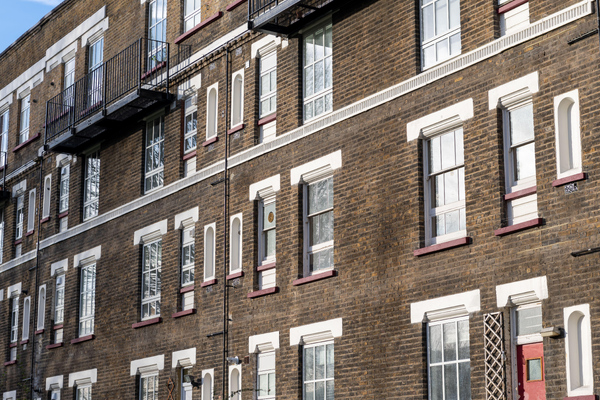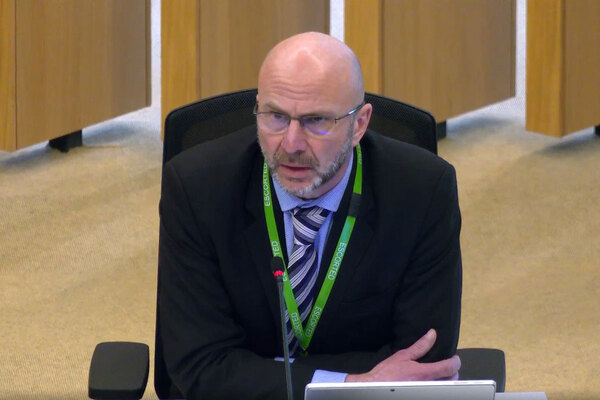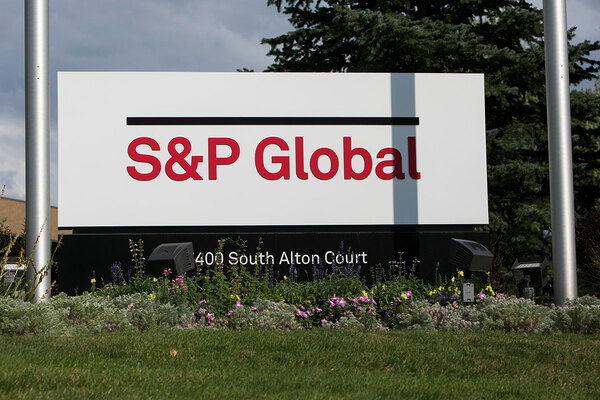You are viewing 1 of your 1 free articles
Green heat cashback scheme for landlords launches
A government-backed scheme that will pay social and private landlords, as well as homeowners and self-builders, for the green heat generated from their homes has launched today.
The domestic renewable heat incentive offers payments to offset the cost of installing low carbon systems in their properties.
Social landlords were able to bid for funds to install renewable heating technologies in their housing stock and landlords must claim their grants from the Energy Saving Trust by 30 June.
The heating systems that landlords can use to generate income are biomass boilers, air and ground source heat pumps, and solar thermal panels. They will then be given quarterly payments over seven years for the amount of renewable heat their system produces.
The government had originally been expected to launch the RHI scheme in autumn 2012.
Greg Barker, energy minister, said: ‘Not only will people have warmer homes and cheaper fuel bills, they will reduce their carbon emissions, and will also get cash payments for installing these new technologies.’
Andy Deacon, director of development at the Energy Saving Trust, said: ‘The domestic RHI makes renewable heat technologies more cost-effective in off-gas properties – around 6 per cent of all UK homes – which are often heated by more expensive fuels.
‘With rising energy bills and worries about energy security, there needs to be a major transformation in the way we heat our homes, with the domestic RHI helping to make this a reality through enabling households to receive an income for renewable energy generation, while also achieving financial and carbon savings.’
David Stewart, policy manager at the Scottish Federation of Housing Associations, said: ‘Housing associations and co-operatives in Scotland are already leading on the introduction of renewable heating – with landlords such as Dumfries and Galloway Housing Partnership, Hebridean Housing Partnership and Hjaltland Housing Association having already installed a large number of energy-efficient measures.’
However Mr Stewart said the SFHA is not pleased that landlords have to undergo green deal assessments as it means ‘unneccessary costs’ and he raised concerns that there are few, if any, qualified assessors in rural Scotland.
John Alker, director of policy and communications at the UK Green Building Council, said: ‘The long wait for the domestic RHI is finally over and people can now start to be rewarded for the clean, renewable heat they produce in their homes.
‘Alongside the green deal, the RHI will help to create homes that are warmer, cheaper to heat and that emit fewer carbon emissions – major wins in the fight against rising energy bills and climate change.’
The domestic RHI tariff:
| Technology | Tariff |
| Air-source heat pumps | 7.3p/kWh |
| Ground and water-source heat pumps | 18.8p/kWh |
| Biomass-only boilers and biomass pellet stoves with integrated boilers | 12.2p/kWh |
| Solar thermal panels (flat plate and evacuated tube for hot water only) | 19.2 p/kWh |







